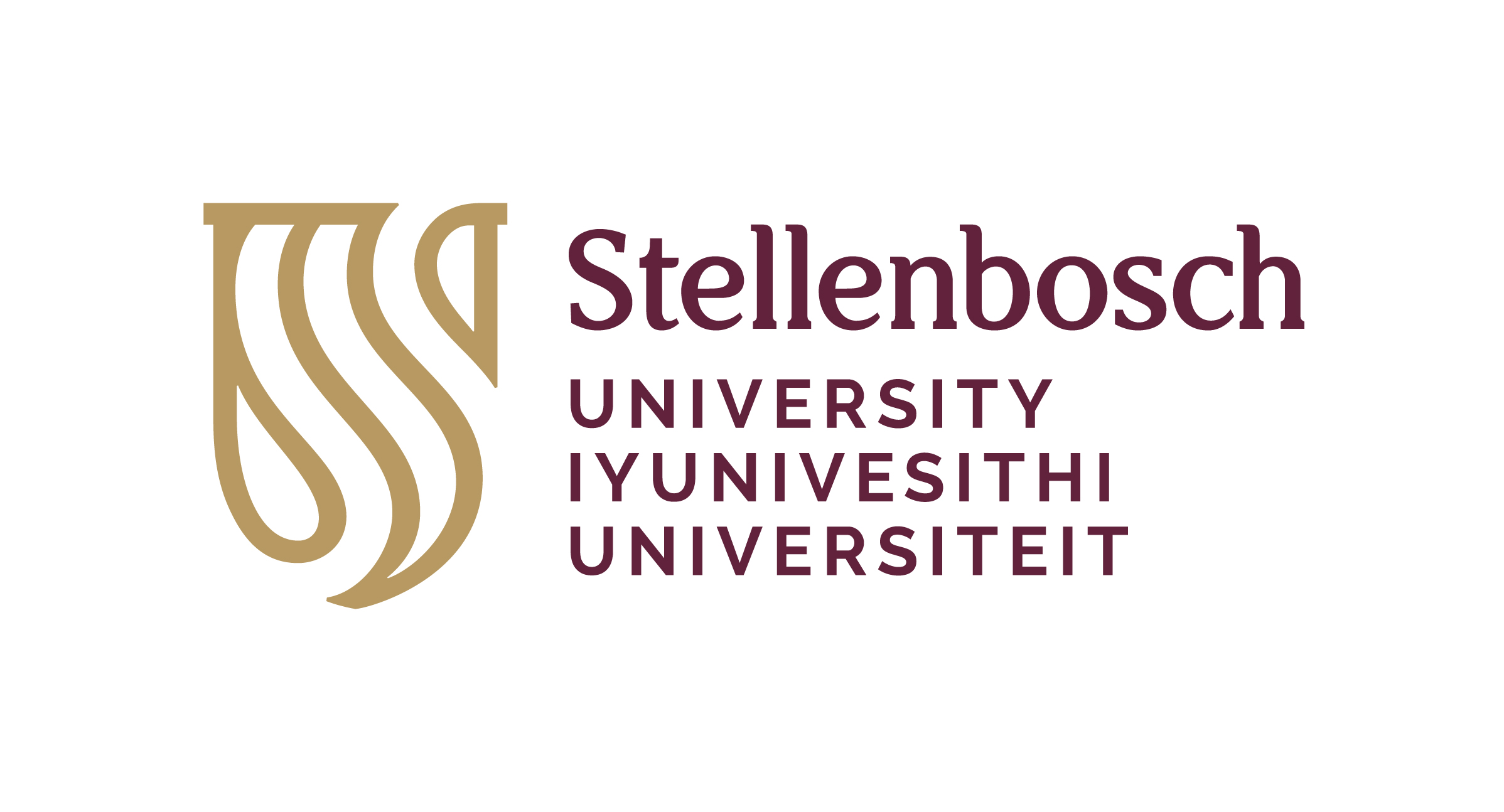Three and Nothing?
“Engineering fourth year”-a local South African studying at the University of Stellenbosch and speaking about the passage of Engineering life, specifically the journey of engineering, fourth and final year!
Three and nothing? How can it be that I receive no commendation for completing three years of Civil Engineering…all the blood, sweat, stress and tears and no shiny piece of paper with a signature or gown to place on a hanger.
Now that I think of it though, what’s the point of a piece of paper anyway, surely the subject matter I study should be interesting and rewarding enough to make me persevere and complete my final year? Thankfully it has been. I am so fortunate to be able to write a blog and reflect on this past third year of 2014 and with that look forward to the final year to come without envying my BSC and BA friends holding their framed certificates.
To reflect back on a year and write a summary of sorts is probably more challenging than it should be. To write in first the person and speak about myself is such a contrast to the formal reports and assignments I have done throughout my three years of Engineering. Thankfully this isn’t going to be marked on grammar and will hopefully serve as a tiny bit of useful information to prospective students and students soon to progress to the rank of a “paperless third year”.
February (if you ask any fellow Matie) is certainly the hottest month of the year, and also one of the busiest studies wise as one realises that the holidays are over and the tut tests begin to count towards your final mark. With the continuation of the challenging informatics module of second year and the theoretical statistics module it was a great relief to have some more practically relevant hydraulics and geotechnical engineering modules within the third year syllabus.
Hydraulics is not as one may think just about “cleaning the pool on a Sunday”, or how big a pump your guppy fish needs. It is so much more and considerably more interesting. After completing both semesters’ hydraulics modules this year and now using the knowledge in my vacation work I am able to see that pumps, pipelines and even sludge from waste water form an integral part of civil engineering, the part less seen.
A highlight worth reflecting on for 2014 was being involved with SAICE or the South African Institution of Civil Engineers, specifically the Stellenbosch “student chapter”. Not only to “beef up” my CV but to gain more insight into my chosen field, I applied to be a part of the SAICE student chapter and served as the “marketing and media” head. In addition to organising events that serve to inspire civil engineering, such as our annual bridge building competition, I was blessed to have a chance to better understand how the engineering faculty operates and to develop relationships with staff and lecturers outside of the class room.
Stellenbosch hibernation season or “winter”, with torrential rain and the occasional snowfall, is initially welcomed in town. However after two months and approximately half a metre of rain, I was fortunate to be able to leave and head back home to Port Elizabeth where “winter” is strangely dry and pleasant. Climate aside, for the majority of the year, trail running in Stellenbosch or more accurately outdoor sport is such a highlight for me, being able to safely run outside and choose a mountain to climb is something special and to be treasured.
A final academic highlight of the year that’s past is Structural Design 354, our first official design module. To say I had waited three years to feel somewhat useful in a design office wouldn’t be a lie. To finally use the theory and maths and informatics studied to accurately interpret SANS codes and design a potentially useful (albeit simple) concrete beam made my year. I can’t say that I’m anything close to an expert, but I would like to claim that I’ve been given the confidence to take on 2015.
Going back to the beginning is never a bad way to start to reflect. Looking at the journey as a whole with an overall perspective makes me understand why I don’t yet have a degree and why a lot more work is required in my final year to come. Having spent some more time working in the real world it has afforded me the opportunity to gain a vital perspective on the world of Civil engineering, a realisation that learning is a continuous process and the studies never stop.



